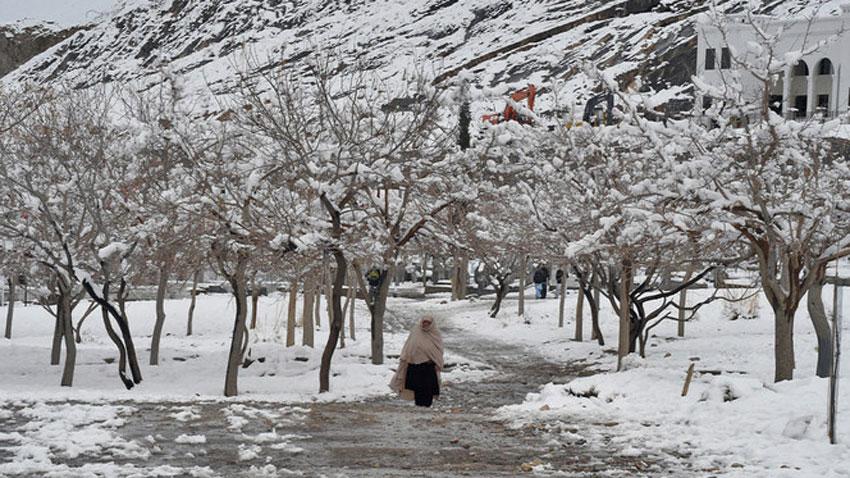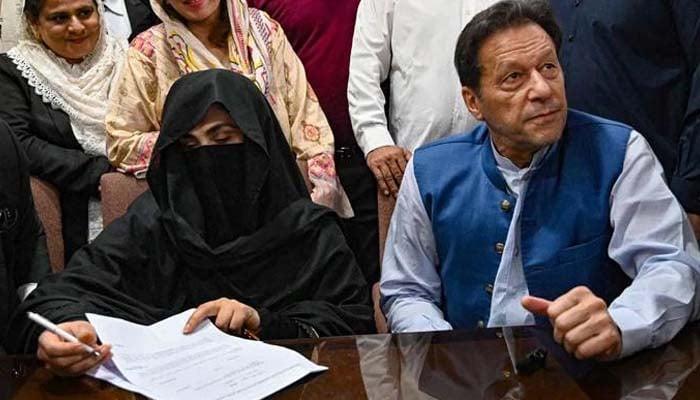Single-tier structure and high taxes: the recipe to curb cigarette consumption
The IMF's Technical Assistance Report titled "Pakistan Tax Policy Diagnostic and Reform Options," released in Feb says consumption of cigarettes in Pakistan has witnessed a notable decline of 20-25 percent following substantial hike in prices of tobacco products.


Islamabad: In a bid to combat the alarming rates of cigarette consumption in Pakistan, experts and health advocates have put their weight behind the International Monetary Fund’s (IMF) compelling recommendation: transition to single tier tax structure alongside a significant increase in taxes on tobacco products.
According to the IMF's Technical Assistance Report titled "Pakistan Tax Policy Diagnostic and Reform Options," released in February, the consumption of cigarettes in Pakistan has witnessed a notable decline of 20-25 percent following substantial hike in prices of tobacco products.
The findings of decline in consumption due to high taxes, breathed new life into calls for aligning the tax with the guidelines set by the World Health Organization (WHO).
Health activists have also voiced their support for the IMF's stance, emphasizing the urgent need for a revamp of tobacco taxation policies in Pakistan.
They have called upon the government to transition to a Single Tier Tobacco Taxation System and eliminate the existing dual-tier system for both local and imported cigarettes.
The IMF's advocacy for increased taxation on tobacco products not only seeks to curb cigarette consumption but also aims to bolster government revenue.
By implementing uniform excise rates and bridging the gap between local and foreign cigarette manufacturers, Pakistan stands to streamline its taxation system and mitigate the healthcare costs associated with tobacco-related illnesses.
The seventh-largest tobacco-consuming country globally, Pakistan signed the Framework Convention for Tobacco Control (FCTC) in 2004 to address and regulate tobacco use.
The World Health Organization (WHO) underscores the importance of robust tax measures in reducing tobacco consumption, particularly in low- and middle-income countries, by elevating tobacco prices.
However, the cigarette industry has persistently opposed tax hikes, disregarding the health consequences associated with the affordability of cigarettes.
Pakistan has suffered a staggering loss of 567 billion rupees in revenue over the past seven years due to the influence of MNCs lobbying against tax increases.
A study conducted by the Pakistan Institute of Development Economics (PIDE) underscores the dire repercussions of smoking-related diseases and deaths, with costs soaring to Rs 615.07 billion ($3.85 billion) in 2019, amounting to 1.6% of the GDP.
Gazans mourn six killed in Israeli shelling on shelter
- a day ago

Gold prices drop in Pakistan, global markets
- a day ago
Commissioning ceremony of 2nd Pak Navy Ship KHAIBAR held in Turkiye
- 4 hours ago
Only state can declare jihad in Islamic country, says COAS Syed Asim Munir
- 3 hours ago
Death anniversary of Hafeez Jalandhari being observed today
- 3 hours ago
May 9: Yasmin Rashid, Mahmoodur Rashid, others sentenced to 10 years’ imprisonment each in two more cases
- a day ago

PDMA issues alert about rains, snowfall over hills in KP
- a day ago
PM Shehbaz stresses use of modern technology to curb human trafficking
- a day ago
Joshua knocks out Paul to win Netflix boxing bout
- a day ago
Thai border clashes displace over half a million in Cambodia
- 3 hours ago
Bangladesh holds state funeral for slain youth leader amid tight security
- a day ago
Green Shirts give India humiliating defeat in U-19 Asia Cup final
- 3 hours ago













